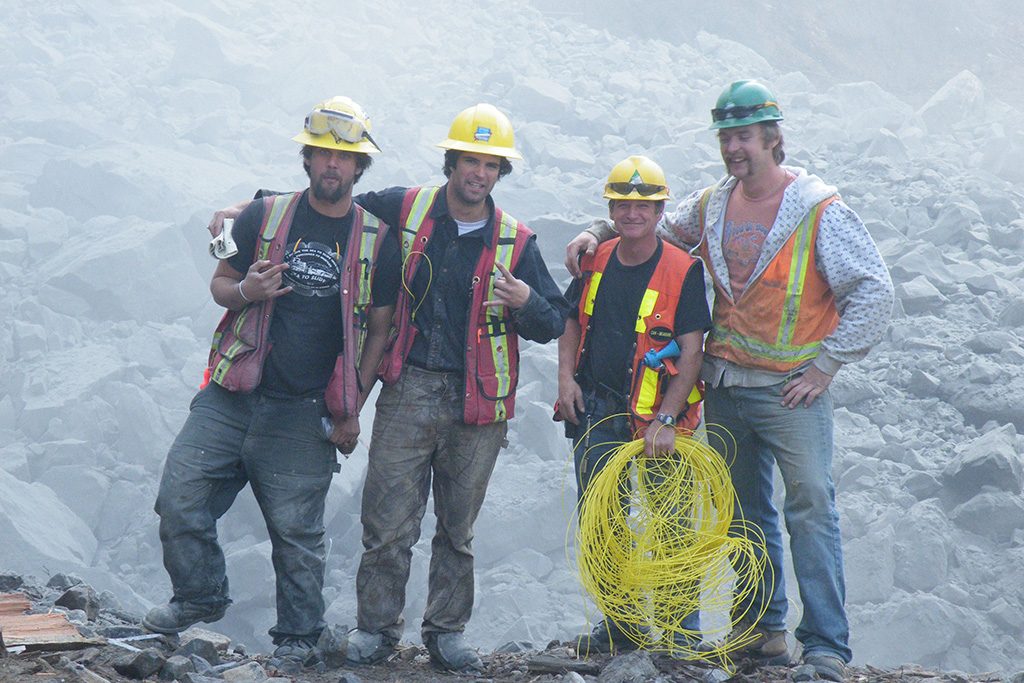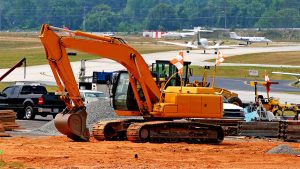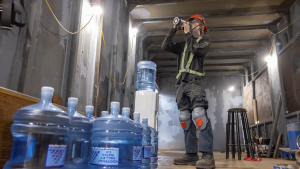After a decade of pressure, Peter Kiewit Sons and engineer Timothy Rule will face a trial for the 2009 death of B.C. rock scaler Samuel Fitzpatrick.
The court has set aside 33 days for the case to be heard in Vancouver. It will begin in November 2020 and wrap up in February 2021.
Charges have also been laid against former Kiewit manager Gerald Karjala who is currently in the U.S.
But Karjala or his lawyer have not yet appeared in court and officials have not commented on the future of his case.
The 24-year-old Fitzpatrick was working on a run-of-the-river project construction site near Powell River, B.C. in 2009 when he was struck and killed by a falling rock.
The death incident was investigated by WorkSafeBC in 2011, resulting in a $250,000 fine for the firm, the highest penalty imposed that year. Investigators determined that Fitzpatrick was fatally struck by a rock estimated to be over 1.5 metres in diameter after the company had allowed work to proceed without clearing loose material uphill.
Prior to the death, supervisors had frequently documented loose rock hazards during their daily crew meetings, and the day before Fitzpatrick’s death a massive rock had fallen and damaged equipment. Investigators wrote that hazards weren’t properly controlled and crews continued to work in dangerous areas.
Despite unstable material being identified in risk assessment, WorkSafeBC found that the company failed to adequately train workers for the land clearing work, the investigation concluded.
The fine was successfully appealed and reduced to less than $100,000. The appeal tribunal ruled it could not determine if company decisions directly led to the boulder striking the worker.
Despite this, the tribunal did note that the company had “committed high risk violations with reckless disregard.”
Earlier this year Kiewit and two former supervisors were hit with the criminal charges under the rarely-used Westray Act, which was established following the 1992 Westray Mine explosion in Nova Scotia that killed 26 miners. It amended the Criminal Code to allow for corporations to be held criminally accountable for workplace death and injury.
The charges came after a decade of pressure from family, friends and unions who weren’t satisfied with fines.
Kiewit representatives have not responded to requests by the Journal for comment but have told other media it disagrees with the charges and plans to defend itself in court.











Recent Comments